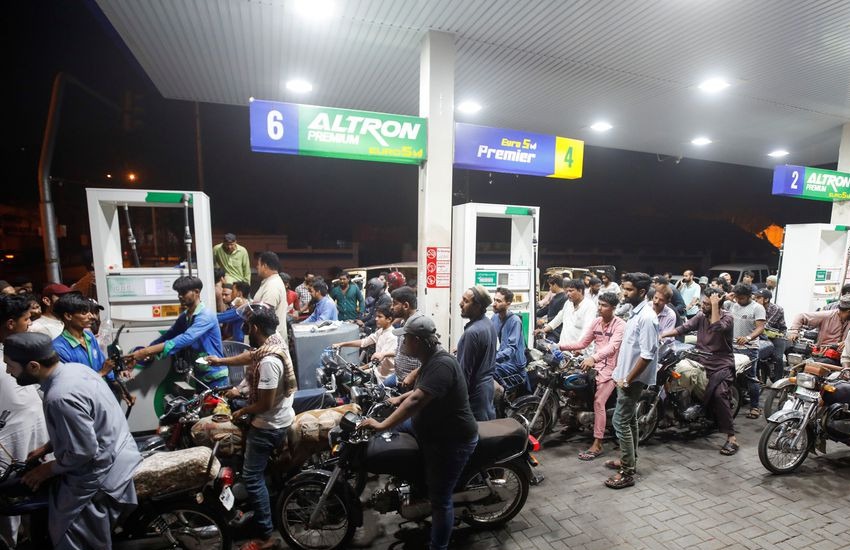Global oil prices in the international market have experienced a significant decline, paving the way for anticipated substantial reductions in petrol and diesel prices in the first half of December. The caretaker government had previously lowered petrol prices by Rs2.04 per litre, diesel by Rs6.47 per litre, kerosene oil by Rs6.05 per litre, and light-speed diesel (LSD) by Rs9.01 per litre on November 15. The international market, particularly Russian crude oil, has seen a notable downturn, with the per barrel price falling below $60. Reports indicate that the European Union has established a new standard for Russian crude oil at $60 per barrel, while the British Brent has observed a one per cent decrease, currently trading at $80.58 per barrel. Despite the slight decline in Brent, the Russian crude’s market value remains even lower than the newly set benchmark.
This shift in the global oil market is influenced by various factors, including fluctuations in equities and challenges faced by the Organization of Petroleum Exporting Countries (OPEC) in reaching a consensus on supply policy. The delay in OPEC’s crucial meeting until November 30 has contributed to market uncertainty. Analysts predict further reductions in oil prices, driven by increased crude supply from non-OPEC+ nations and ongoing challenges within OPEC.
The impact of this international market trend is eagerly awaited in local markets, especially in Pakistan. The federal government is expected to announce revisions in petroleum prices on the night of November 30, with the new rates set to take effect from December 1, 2023. Current petrol prices in Pakistan stand at Rs281.34 per litre, and high-speed diesel (HSD) is priced at Rs296 per litre. There are reports suggesting that the government is considering a substantial reduction, possibly up to Rs20 per litre. This potential price adjustment would bring significant relief to consumers grappling with high fuel prices, aligning with the global downward trend in oil prices.


